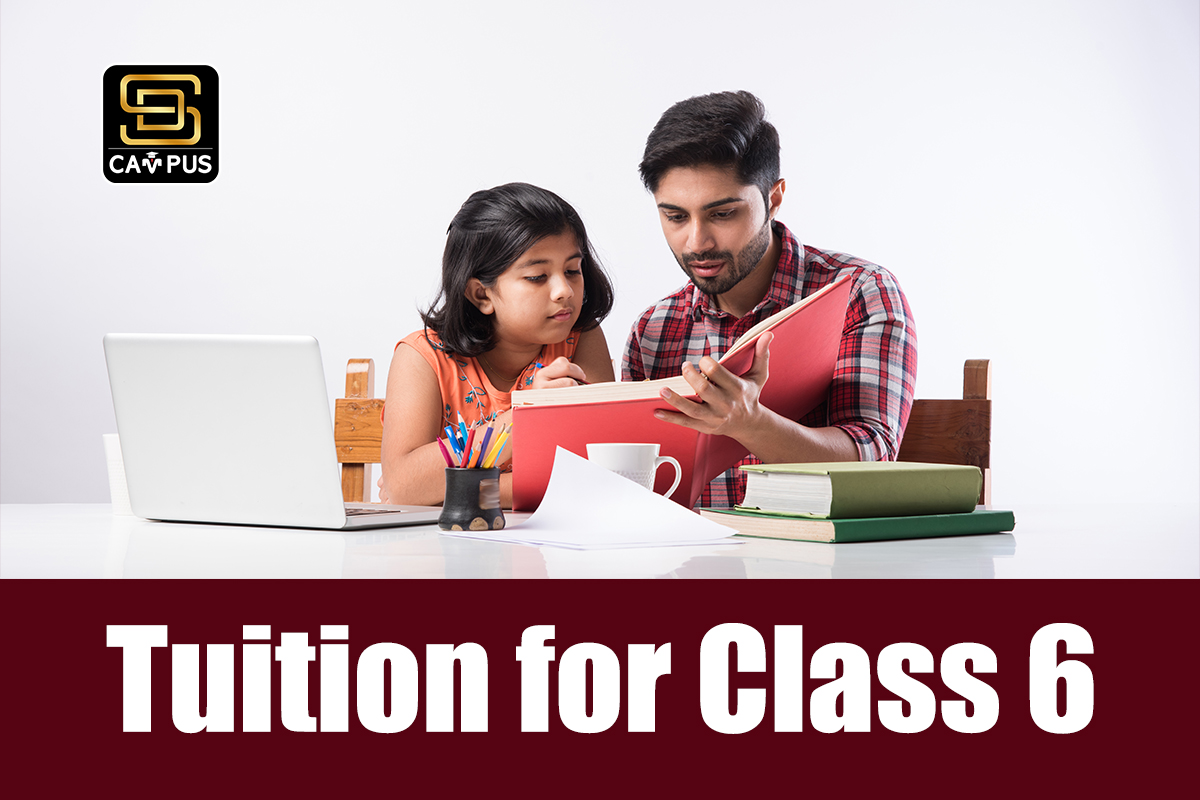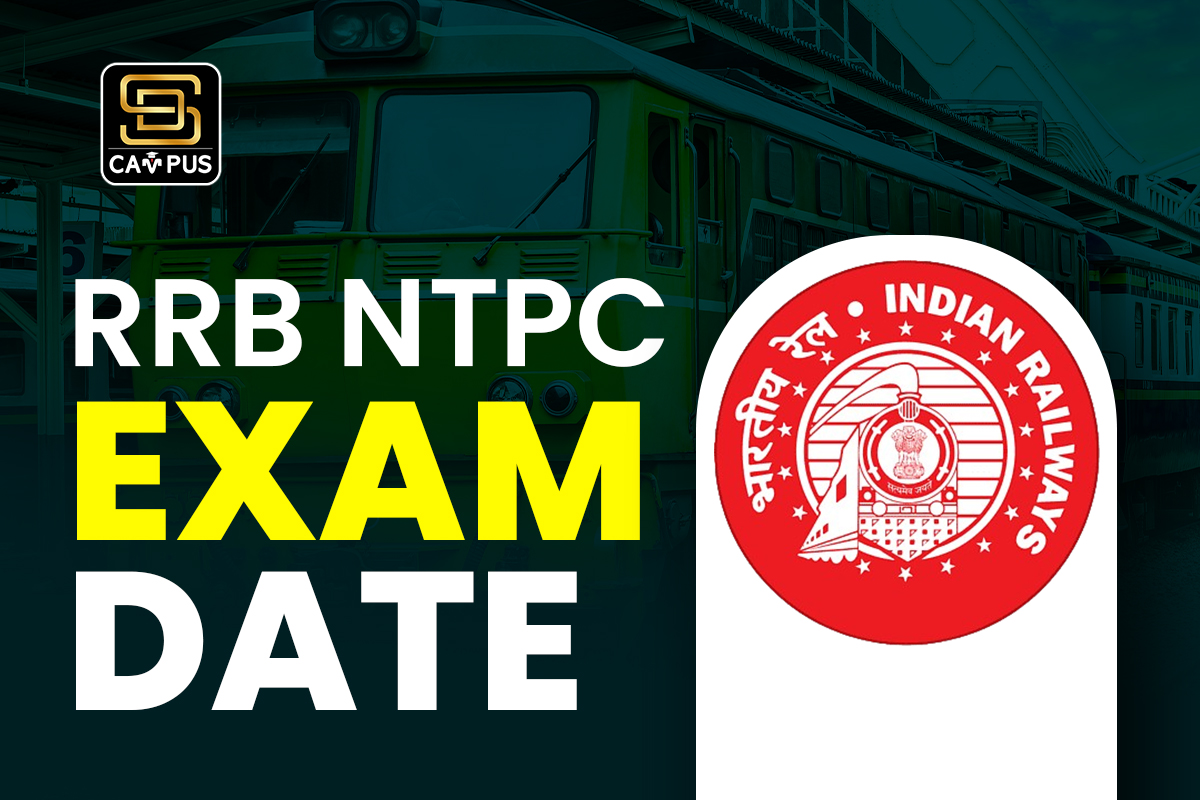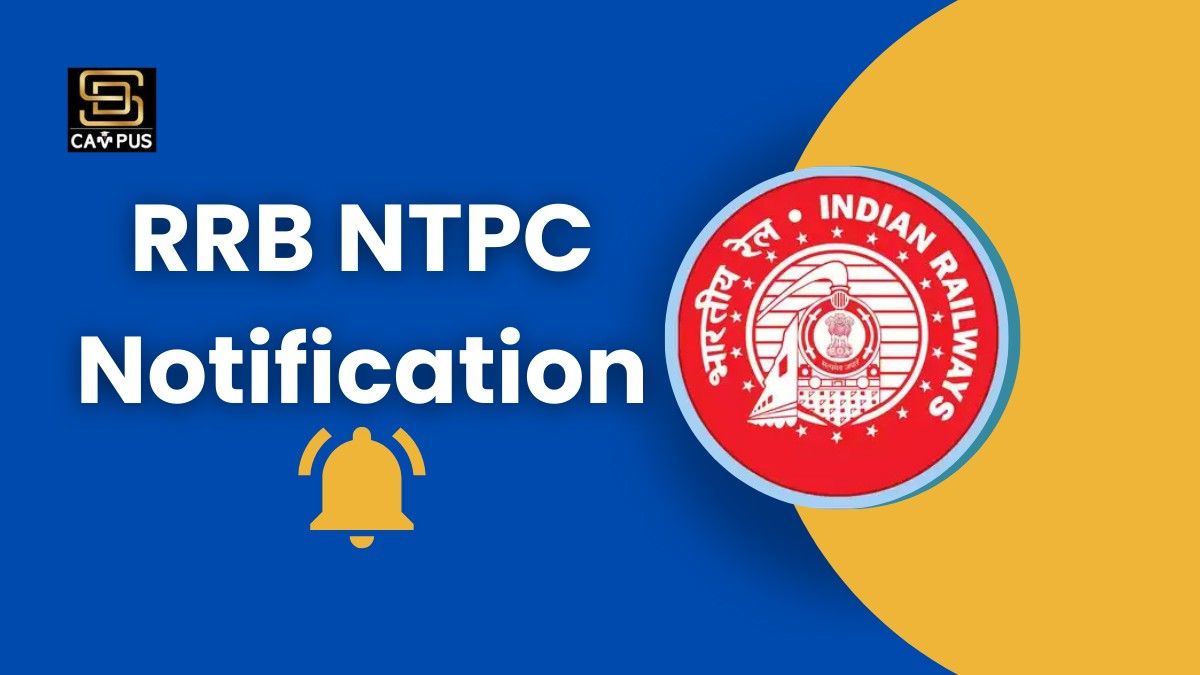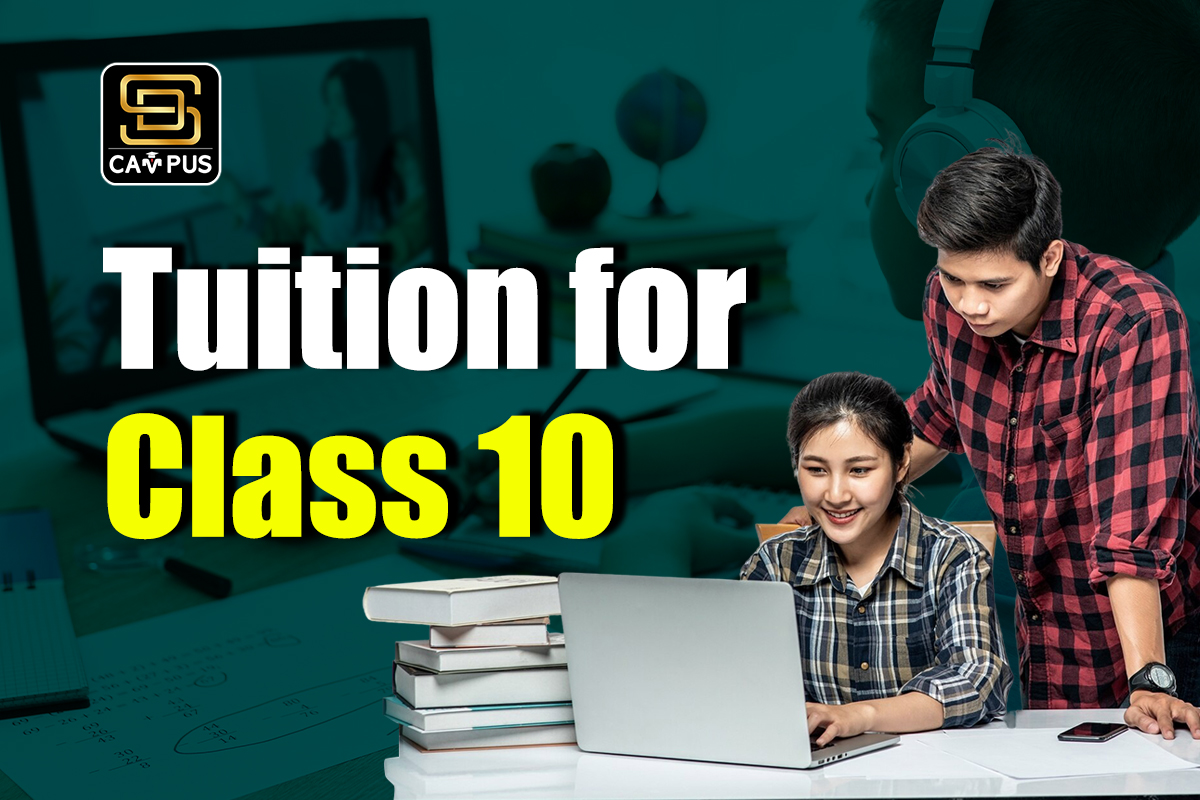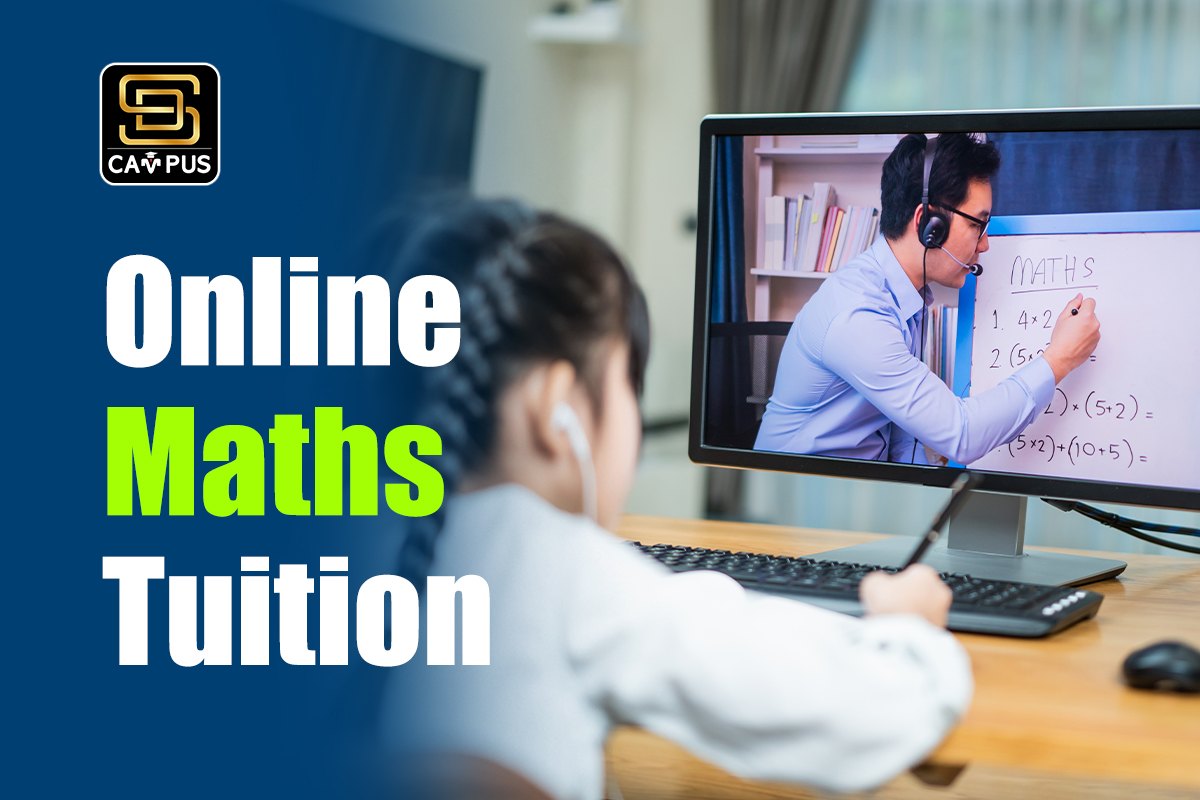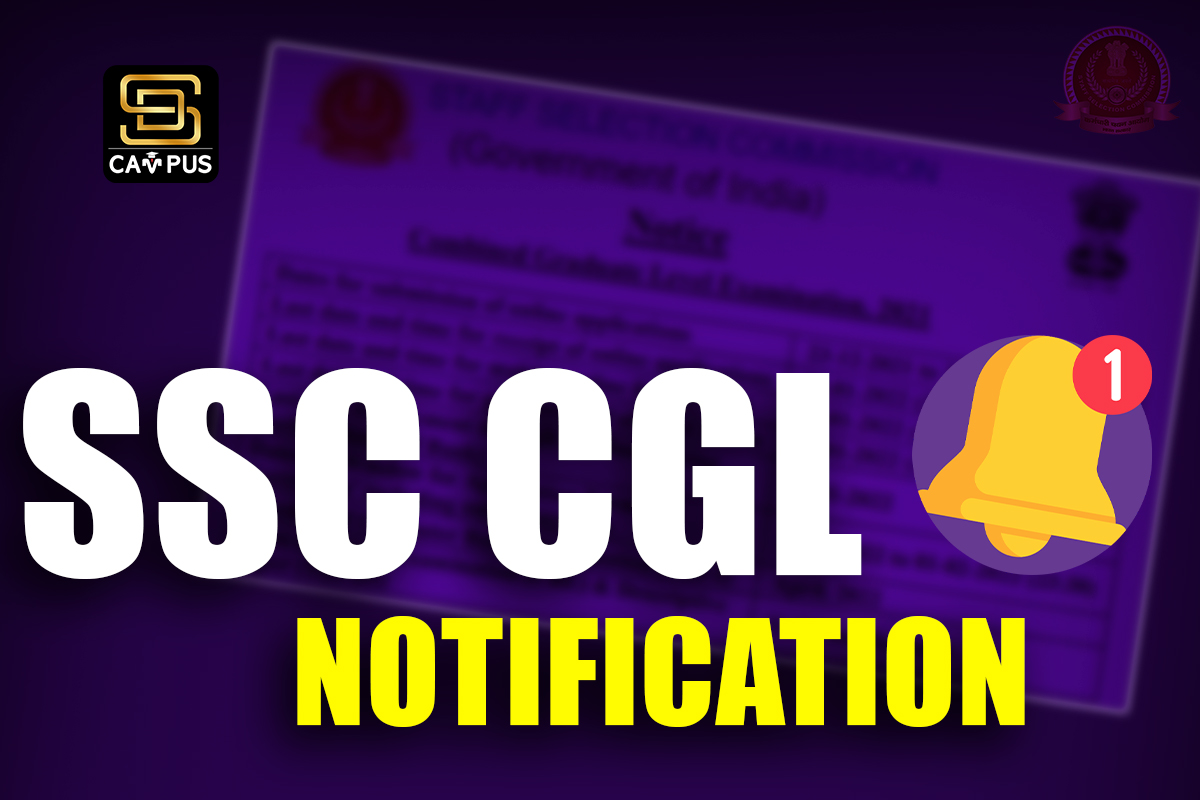Haryana JBT Teacher Syllabus 2024: The Haryana Staff Selection Commission has published the Haryana JTBT Teacher Syllabus on its official website. To prepare well for the Haryana JBT Examination in 2024, it is crucial for the candidates to get an idea about the syllabus to be covered and the requisite details of examination pattern. The following article is going to give ample details about the Haryana JBT Syllabus and Exam Pattern 2024.
Table of Contents
ToggleHaryana JBT Teacher Syllabus 2024
The Haryana JBT Syllabus 2024 includes questions from a broad range of subjects, which are imperative for every young candidate aspiring to become a Junior Basic Teacher or a Primary Teacher. The topics covered for the Haryana JBT 2024 Exam involve Child Development and Pedagogy, Hindi, English , Haryana General Knowledge and Awareness, General Intelligence and Reasoning Ability, Mathematics, and Environmental Studies.
| Haryana JBT Teacher Syllabus 2024 Overview | |
| Exam Stage | Details |
| Exam Conducting Body | Haryana Public Service Commission (HPSC) |
| Exam Name | Haryana JBT Teacher Recruitment 2024 |
| Total Vacancies | 3,069 |
| Category | Syllabus |
| Total Written Exams | 2 |
| Screening Test | Objective-type questions, 100 questions, 25% weightage, 2 hours duration |
| Subject Knowledge Test | Descriptive questions, 150 marks (87.5% weightage), 3 hours duration, focuses on subject knowledge |
| Interview | 12.5% weightage of the total marks |
| Type of Exam | State-Level |
| Official Website | hpsc.gov.in |
Haryana JBT Teacher Exam Pattern 2024
The Haryana JBT 2024 is a 100-question examination where every question carries a 0. 95 mark, and the total mark of the subject is 95. It must be noted that there is no penalty for a wrong answer, but one has to be careful not to give zero. For every unanswered question, 0.95 marks are subtracted.
The exam provides five choices for each question and is set via the OMR system in a paper-based format. There are 50 questions in the question paper, and the paper is bilingual; both English and Hindi versions are available. The examination lasts 105 minutes, plus an extra 5 minutes to mark the fifth option.
| Haryana JBT Exam Pattern 2024 | |
| Total Questions | 100 |
| Marks per Question | 0.95 |
| Marks | 95 |
| Negative Marking | No negative marking for wrong answers |
| Penalty for Unattempted | 0.95 marks deducted per unattempted question |
| Options per Question | 5 |
Haryana JBT Teacher Syllabus 2024 Subject Wise
The syllabus of Haryana JBT Teacher 2024 is as follows – Common features of School / Classroom Management and Process: The questions in this section are related to principles of child growth and the teaching-learning process. It also evaluates their language proficiency in Hindi and English to ensure the candidates are good communicators.
Furthermore, Haryana’s General Knowledge and Awareness encompasses the state’s history, culture, current events, and other states in India. General Intelligence & Reasoning Ability measures logical abilities and problem-solving proficiency; Mathematical skill assesses numeral ability. Last, environmental studies are added, as they will help determine students’ concerns and knowledge of environmental problems and sustainable development and ensure comprehensive preparation for becoming a successful teacher.
Child Development and Pedagogy Syllabus 2024
Students can check out all the information related to Child Development and Pedagogy Syllabus 2024:
| Child Development and Pedagogy Syllabus 2024 | |
| Topic | Description |
| Concept of development and its relationship with learning | Understanding how development impacts learning. |
| Principles of the development of children | Key principles guiding child development. |
| Influence of Heredity & Environment | Role of genetics and environment in child growth. |
| Socialization processes: Social world & children | Interaction of children with teachers, parents, and peers. |
| Piaget, Kohlberg, and Vygotsky: constructs and critical perspectives | Theories of cognitive and moral development. |
| Concepts of child-centered and progressive education | Focus on student-centered learning approaches. |
| Critical perspective of the construct of Intelligence | Understanding intelligence from different viewpoints. |
| Multi-Dimensional Intelligence | Exploring different types of intelligence. |
| Language & Thought | Relationship between language development and cognitive processes. |
| Gender as a social construct | Exploring gender roles and biases in education. |
| Individual differences among learners | Recognizing diverse learning needs. |
| Understanding differences based on diversity | Addressing diversity in language, caste, gender, community, and religion. |
| Distinction between Assessment for learning and assessment of learning | Understanding different assessment approaches. |
| School-Based Assessment | Methods for evaluating student performance in school. |
| Continuous & Comprehensive Evaluation (CCE) | Implementing ongoing and holistic assessment practices. |
| Formulating appropriate questions | Techniques for assessing student readiness. |
| Enhancing learning and critical thinking | Strategies for improving classroom learning. |
| Assessing learner achievement | Approaches to measuring student success. |
| Inclusive education and understanding children with special needs | Adapting teaching methods for special education. |
| Addressing learners from diverse backgrounds | Strategies for teaching disadvantaged and deprived children. |
| Addressing children with learning difficulties | Supporting children with learning impairments. |
| Addressing the Talented, Creative, Specially abled Learners | Catering to the needs of gifted students. |
| How children think and learn | Understanding cognitive processes in children. |
| Basic processes of teaching and learning | Core methods of teaching and learning. |
| Learning as a social activity | The role of social interaction in learning. |
| Child as a problem solver | Encouraging scientific investigation among children. |
| Understanding children’s errors | Recognizing mistakes as part of the learning process. |
| Cognition & Emotions | Exploring the connection between thought and emotion. |
| Motivation and learning | Factors that drive learning. |
| Factors contributing to learning | Personal and environmental influences on learning. |
English Language Syllabus 2024
Students can check out all the important information related to English Language Syllabus 2024
| English Language Syllabus 2024 | |
| Topic | Description |
| Two unseen prose passages | Comprehension exercises from various genres. |
| Questions on comprehension, grammar, and verbal ability | Evaluating understanding and language skills. |
| Pedagogy of Language Development | Strategies for teaching English. |
| Learning and acquisition | Exploring how English is acquired. |
| Principles of language teaching | Effective teaching methodologies. |
| Role of listening and speaking | Enhancing oral communication skills. |
| Critical perspective on the role of grammar | The importance of grammar in learning English. |
| Challenges of teaching language in a diverse classroom | Strategies for teaching in multilingual settings. |
| Language difficulties, errors, and disorders | Addressing common issues in learning English. |
| Language Skills | Developing proficiency in speaking, listening, reading, and writing. |
| Evaluating language comprehension and proficiency | Techniques for assessing English language skills. |
| Teaching-learning materials | Effective use of textbooks and multimedia. |
| Remedial Teaching | Strategies for helping struggling students. |
Hindi Language Syllabus 2024
Students can check out all the important information related to Hindi Language Syllabus 2024:
| Hindi Language Syllabus 2024 | |
| Topic | Description |
| Reading unseen passages | Comprehension exercises including prose, drama, and poetry. |
| Questions on comprehension, inference, grammar, and verbal ability | Assessing language proficiency through various types of questions. |
| Pedagogy of Language Development | Strategies for teaching Hindi language. |
| Learning and acquisition | Understanding how language is learned. |
| Principles of language teaching | Effective methods for teaching Hindi. |
| Role of listening and speaking | Importance of oral language skills. |
| Critical perspective on the role of grammar | Analyzing the role of grammar in learning. |
| Challenges of teaching language in a diverse classroom | Overcoming difficulties in a multilingual environment. |
| Language difficulties, errors, and disorders | Addressing common language learning issues. |
| Language Skills | Developing speaking, listening, reading, and writing skills. |
| Evaluating language comprehension and proficiency | Techniques for assessing language abilities. |
| Teaching-learning materials | Utilizing textbooks and multimedia resources. |
| Remedial Teaching | Addressing learning gaps with targeted instruction. |
G.K and Awareness Syllabus 2024
Students can check out all the important information related to G.K and Awareness Syllabus 2024:
| Haryana G.K and Awareness Syllabus 2024 | |
| Topic | Description |
| Haryana related history | Key historical events related to Haryana. |
| Current affairs | Recent events and developments in Haryana. |
| Literature | Notable literary works from Haryana. |
| Geography | Understanding the geography of Haryana. |
| Civics | Civic structure and governance in Haryana. |
| Environment | Environmental issues and initiatives in Haryana. |
| Culture | Cultural heritage of Haryana. |
| Art | Significant art forms in Haryana. |
| Traditions | Traditional practices and customs in Haryana. |
| Welfare schemes of Haryana Government | Government initiatives for public welfare. |
Mathematics Syllabus 2024
Students can check out all the important information related to Mathematics Syllabus 2024:
| Mathematics Syllabus 2024 | |
| Topic | Description |
| Geometry | Understanding shapes and their properties. |
| Shapes & Spatial Understanding | Analyzing geometric shapes and space. |
| Solids around Us | Recognizing and understanding solid shapes. |
| Numbers | Basic number concepts and operations. |
| Addition and Subtraction | Fundamental arithmetic operations. |
| Multiplication and Division | Core mathematical operations. |
| Measurement | Understanding units and measurement techniques. |
| Weight, Time, and Volume | Practical applications of measurement. |
| Data Handling | Collecting and analyzing data. |
| Patterns and Money | Recognizing patterns and financial literacy. |
| Pedagogical Issues | Strategies for teaching mathematics. |
| Error analysis and Diagnostic Teaching | Identifying and addressing student errors. |
Environmental Studies Syllabus 2024
Students can check out all the important information related to Environmental Studies Syllabus 2024:
| Environmental Studies Syllabus 2024 | |
| Topic | Description |
| Family and Friends | Understanding social relationships. |
| Relationships and Work and Play | Exploring human interactions and activities. |
| Animals and Plants | Studying living organisms. |
| Food | Exploring nutrition and food sources. |
| Shelter | Understanding human habitats. |
| Water and Travel | Discussing water resources and transportation. |
| Things We Make and Do | Exploring human inventions and activities. |
| Pedagogical Issues | Strategies for teaching environmental studies. |
| Concept and scope of EVS | Overview of Environmental Studies. |
| Significance and Integrated EVS | Importance and integration of environmental topics. |
| Environmental Studies & Environmental Education | Differences and objectives of both. |
| Learning Principles | Key principles for teaching EVS. |
| Scope & relation to Science & Social Science | Connecting EVS with other subjects. |
| Approaches of presenting concepts | Effective teaching methods for EVS. |
| Experimentation/Practical Work | Hands-on learning activities. |
| Discussion | Encouraging dialogue on environmental issues. |
| CCE and Evaluation | Continuous and comprehensive assessment strategies. |
General Intelligence & Reasoning Ability Syllabus 2024
Students can check out all the important information related to General Intelligence & Reasoning Ability Syllabus 2024:
| General Intelligence & Reasoning Ability Syllabus 2024 | |
| Topic | Description |
| Verbal and Non-verbal reasoning | Understanding both types of reasoning. |
| Analogies | Identifying relationships between concepts. |
| Similarities and differences | Comparing and contrasting ideas. |
| Space visualization | Understanding spatial relationships. |
| Spatial orientation | Recognizing object positions. |
| Problem-solving | Tackling various problems logically. |
| Analysis and Judgment | Evaluating information critically. |
| Decision making | Making informed choices. |
| Visual memory | Retaining visual information. |
| Discrimination | Distinguishing between different elements. |
| Observation | Noticing details. |
| Relationship concepts | Understanding connections between ideas. |
| Arithmetical reasoning and figural classification | Applying reasoning to numbers and figures. |
| Coding and decoding | Interpreting coded messages. |
| Statement conclusion | Drawing logical conclusions. |
| Syllogistic reasoning | Reasoning through logical arguments. |
| Semantic and Figural Analogy | Comparing meanings and figures. |
| Word Building | Forming words from letters. |
| Trends and Space Orientation | Identifying patterns and spatial orientation. |
| Critical thinking | Applying logic to complex problems. |
| Emotional and Social Intelligence | Understanding emotional and social cues. |
| Related Articles | |
| HSSC Haryana Staff Selection Commission HARIYANA H-CET (Group-C & Group-D) | HPSC PGT Eligibility Criteria 2024 |
| Haryana JBT Teacher Recruitment | Haryana JBT Application Form 2024 |
Frequently Asked Questions (FAQs)
Q1. What is the syllabus of the HSSC JBT Teacher Exam?
Ans. The qualifying syllabus for HSSC JBT Teacher is announced. Thus, the syllabus includes Child Development and Pedagogy, Haryana G. K and Awareness, Mathematics, Hindi, English, General Intelligence & Reasoning Ability, and Environmental Studies.
Q2. What is the time duration for the HSSC JBT Teacher exam?
Ans. The time limit of the exam has been made available. The total time that will be used for the paper will be (100+5) = 105 minutes inclusive of five minutes.
Q3. What will be the exam pattern for the HSSC JBT Teacher recruitment exam?
Ans. It has been released in the official announcement regarding the exam patterns of the commission. Candidates can check the pattern from the above article.

My name is Mansi Jindal, and I specialize in writing clear, informative content on topics like government exams, job opportunities, school exams, and entrance tests. I focus on providing comprehensive and accurate information to guide readers through their academic and professional journeys.


